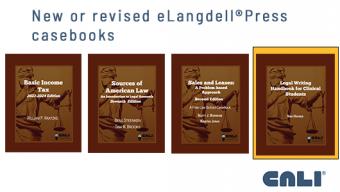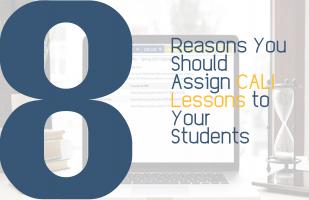Study Scheduling for the Evening, Weekend, or Part-Time J.D. Student
This lesson is designed to help part-time, evening, weekend, or flex J.D. law students maximize their limited study time as they navigate multiple obligations, balancing law school with full-time work, care, or other responsibilities. The lesson encourages self-reflection on when and how the student learns best, and walks them through the basics of time-blocking and time management, encouraging frequent reflection and adjustments to schedules as necessary. The lesson can be completed or revisited at any time during law school, and might best be completed by students before/upon entering the first semester of law school.



